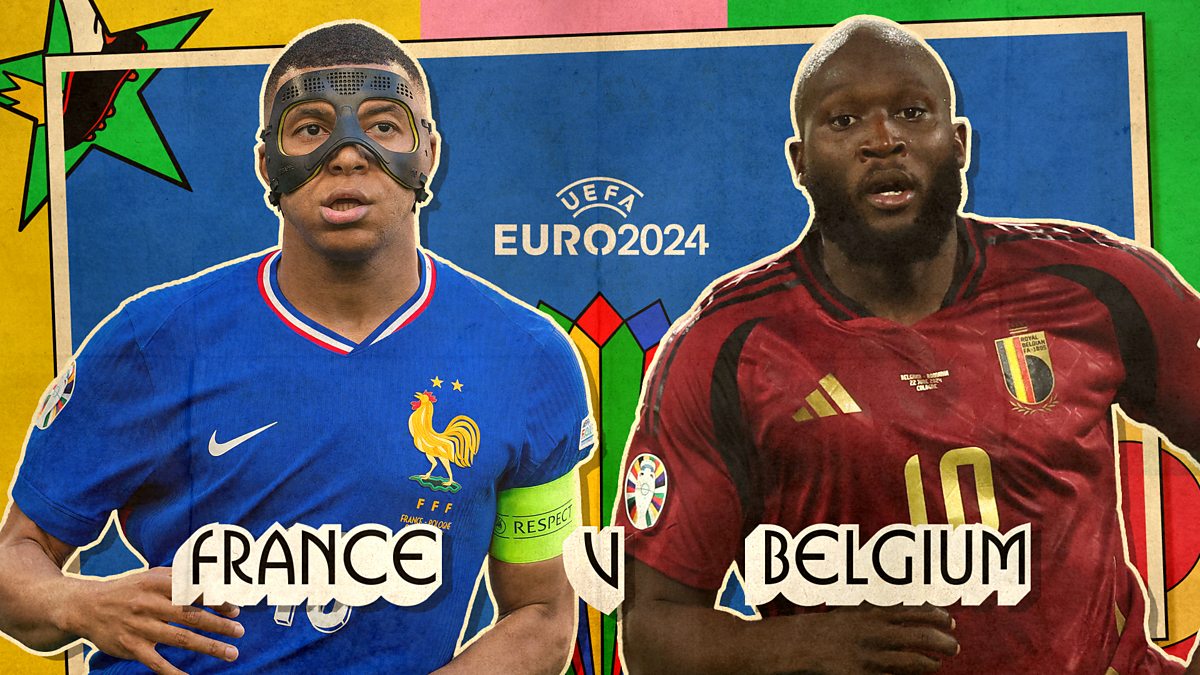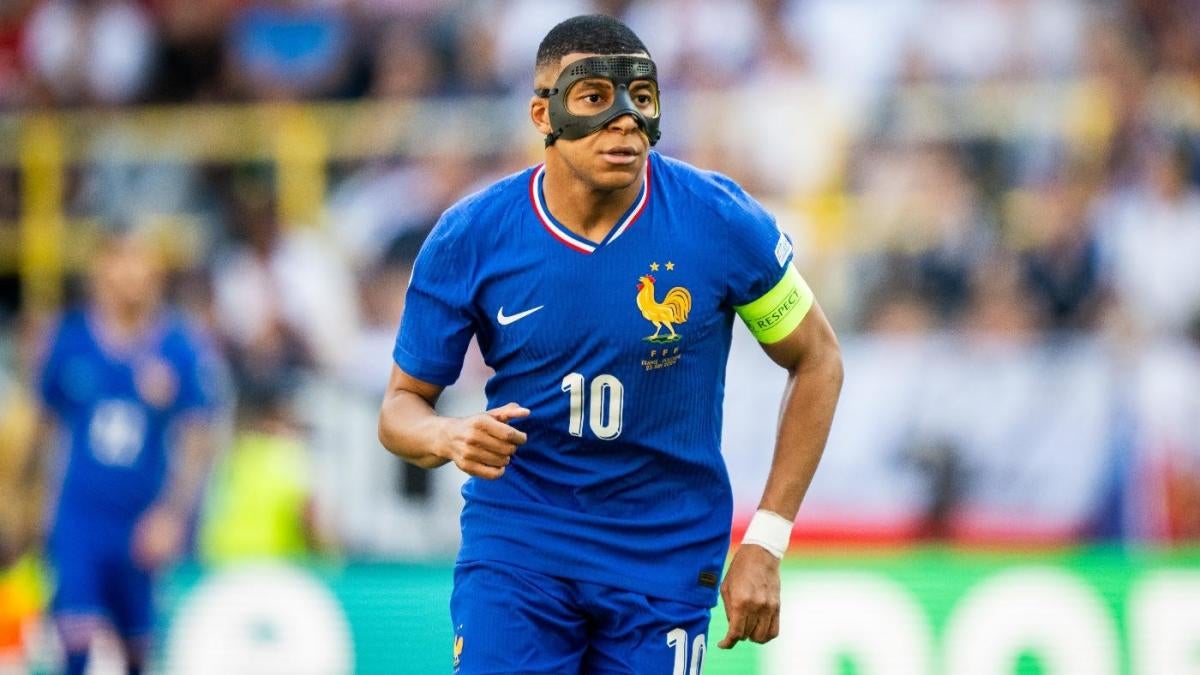Historical and Cultural Context

France vs belgium – France and Belgium share a long and complex history, marked by both cooperation and conflict. The two countries have been closely intertwined since the Middle Ages, when they were both part of the Holy Roman Empire.
The anticipation for the France vs Belgium match was palpable, but amidst the excitement, a somber truth lurked. Gymnastics, a sport known for its breathtaking artistry, also carries the risk of debilitating gymnastics injuries. These injuries, often the result of intense training and demanding routines, could sideline athletes and cast a shadow over the joy of competition.
As the two teams prepared to face off, the specter of gymnastics injuries served as a poignant reminder of the sacrifices made by these extraordinary athletes.
In the 16th century, the Netherlands, which included Belgium, revolted against Spanish rule. France supported the Dutch rebels, and the two countries fought together against Spain for decades. However, after the Dutch Republic was established in 1648, France and Belgium became rivals.
The rivalry between France and Belgium has been reignited in recent years, with both teams vying for supremacy in international football. However, beyond the heated clashes on the pitch, there is another connection between these two nations: Kayla Dicello, a renowned figure in the world of lifestyle and fashion.
Her captivating presence and unique style have transcended borders, resonating with individuals in both France and Belgium alike. As the tension between these two footballing giants continues to escalate, the shared admiration for Kayla Dicello serves as a reminder that even in the most competitive of arenas, there can be common ground.
French-Belgian Rivalry
- The rivalry between France and Belgium intensified in the 18th century, when France annexed Belgium and ruled it for over two decades.
- After the French Revolution, Belgium became part of the First French Republic. However, the Belgians revolted against French rule in 1830 and established an independent kingdom.
- The two countries fought again in World War I and World War II.
Cultural Similarities and Differences
Despite their historical rivalry, France and Belgium share many cultural similarities. Both countries are home to a rich tradition of art, music, and literature.
- French and Belgian cuisine are both highly regarded, and both countries are known for their love of wine and cheese.
- However, there are also some important cultural differences between the two countries. France is a more centralized country, while Belgium is a more decentralized country.
- France is also a more secular country than Belgium, which has a strong Catholic tradition.
Political and Economic Relations

France and Belgium share a long and complex history, which has shaped their political and economic relationship. Both countries are members of the European Union, which has played a significant role in their integration.
Political Systems
France is a unitary republic with a strong central government. The president is the head of state and government, and is elected by popular vote for a five-year term. The National Assembly is the lower house of parliament, and is also elected by popular vote. The Senate is the upper house of parliament, and is elected by an electoral college.
Belgium is a federal monarchy with a parliamentary system. The king is the head of state, and is appointed for life. The prime minister is the head of government, and is appointed by the king. The Chamber of Representatives is the lower house of parliament, and is elected by popular vote. The Senate is the upper house of parliament, and is elected by the regional parliaments.
Economic Ties, France vs belgium
France and Belgium have close economic ties. They are both members of the European Union, which has created a single market for goods, services, capital, and labor. The two countries are also members of the eurozone, which means that they use the euro as their currency.
France is Belgium’s largest trading partner, and Belgium is France’s third-largest trading partner. The two countries trade a wide range of goods and services, including cars, machinery, and chemicals.
Role of the European Union
The European Union has played a significant role in shaping the relationship between France and Belgium. The EU has created a single market for goods, services, capital, and labor, which has boosted trade between the two countries.
The EU has also helped to resolve political disputes between France and Belgium. For example, the EU played a key role in resolving the language dispute between the two countries.
Military and Diplomatic Relations: France Vs Belgium
France and Belgium share a long and complex military history, marked by both cooperation and conflict. In recent centuries, the two countries have been allies in major wars, including World War I and World War II. However, they have also fought against each other, most notably during the Franco-Belgian War of 1830-1831.
Today, France and Belgium are close diplomatic partners and members of the European Union and NATO. They cooperate closely on security and defense issues, and their militaries regularly conduct joint exercises.
NATO
NATO, the North Atlantic Treaty Organization, is a military alliance of 30 countries from North America and Europe. France and Belgium are both founding members of NATO, and the alliance has played a key role in shaping their security relationship.
NATO provides a framework for military cooperation between its members, and it has helped to deter aggression against France and Belgium. The alliance also provides a forum for consultation and cooperation on security issues, and it has helped to build trust and understanding between France and Belgium.